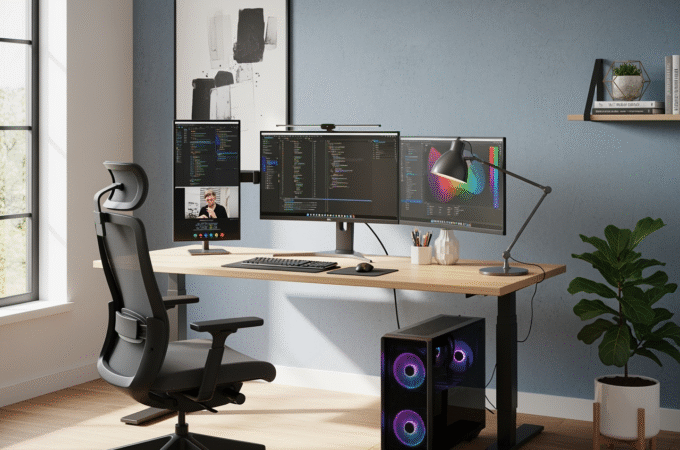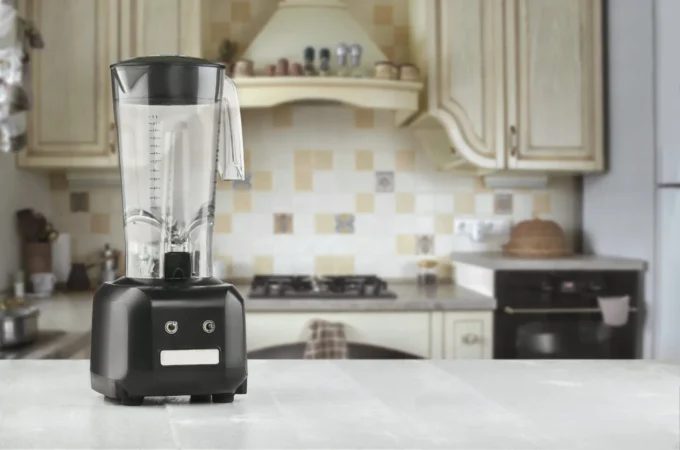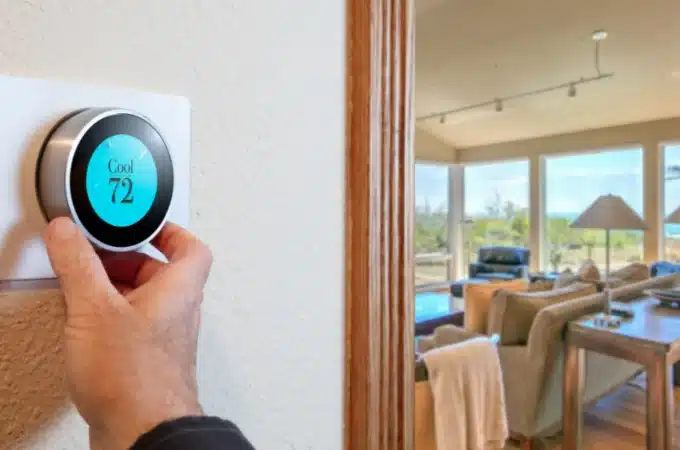
Is Dekton Worth the Investment for Homeowners?
Dekton has become one of the most talked-about surface materials when it comes to upgrading kitchen countertops or exterior cladding. Dekton, known for its durability, versatility, and sleek aesthetic, is often compared with sintered stone in Singapore for its similar composition and performance. However, the question many homeowners face is whether Dekton is truly worth the investment. A closer look at its cost, benefits, and long-term value provides a clearer picture.
Table of Contents
ToggleUnderstanding What Dekton Offers
Dekton is a sophisticated surface material produced by compressing raw materials used in glass, porcelain, and quartz into a dense, non-porous slab. Its key selling point lies in its resistance to heat, scratches, stains, and UV exposure, making it ideal for both indoor and outdoor applications. This feature alone gives Dekton a significant edge over conventional materials like marble, granite, or laminate. Homeowners who prioritise longevity often find Dekton surfaces to be a one-time investment that reduces maintenance costs in the long run.
While sintered stone shares similar manufacturing technology, Dekton distinguishes itself through Cosentino’s proprietary Sinterized Particle Technology, which enhances uniformity and strength. The result is a highly compact material that can be used for kitchen worktops, wall panels, flooring, and even façades. Dekton offers both functionality and design continuity for urban homes that prioritise minimal upkeep and consistent appearance.
Comparing Cost with Alternative Materials
Price is often the first consideration for homeowners weighing Dekton against other materials. Dekton Singapore typically ranges from $200 to $400 per square foot, depending on the design, thickness, and edge finishing. This price positions it higher than natural granite and most quartz options, but lower than some imported marbles. While the initial outlay might seem steep, the cost structure changes when factoring in durability, lifespan, and maintenance.
Unlike marble, which requires regular sealing, or solid surfaces that scratch easily, Dekton remains virtually maintenance-free. Its resistance to heat and stains also means fewer replacements or repairs over time. Homeowners will notice a narrower price difference when comparing with sintered stone—usually within a 10% range. The decision, in most cases, comes down to brand preference, availability, and aesthetic finish. Dekton’s appeal lies in its wide variety of patterns that mimic natural stone, cement, or even rusted metal, catering to modern and industrial-themed interiors that are popular across HDB and condominium renovations.
The Long-Term Value Proposition
Beyond the initial cost, the true measure of Dekton’s worth lies in its long-term value. Since it resists thermal shock, homeowners can safely place hot cookware directly on its surface without damage, something not advisable with quartz or laminate. Its UV resistance also ensures colour stability for outdoor applications, making it suitable for outdoor kitchens, patios, and balcony counters—spaces increasingly used for entertaining in Singaporean homes.
Dekton’s non-porous nature prevents bacterial growth and makes cleaning straightforward for families with young children or heavy cooking habits. These qualities can save homeowners thousands of dollars in resealing, resurfacing, and replacement costs typically associated with natural stones. From a sustainability standpoint, Dekton is also produced using renewable energy and recycled materials, aligning with the growing demand for environmentally responsible renovation choices.
When Dekton May Not Be Ideal
Despite its benefits, Dekton may not be the right fit for every project. The upfront cost may outweigh the benefits for small-scale renovations or temporary housing, especially if resale or relocation is anticipated within a few years. Additionally, installation requires skilled fabricators due to the material’s density. Not all contractors specialise in Dekton, and improper handling can lead to higher installation costs. Homeowners should ensure they work with certified partners who are experienced with this specific surface material.
Conclusion
Dekton represents a premium surface solution that balances design, durability, and long-term savings. While it carries a higher initial investment compared to other materials, its resistance to wear, heat, and UV degradation makes it ideal for the city-state’s humid, fast-paced environment. Dekton stands out as a reliable upgrade that pays off over time—both financially and practically.
Contact Stone Loft to explore high-performance surface materials that redefine modern living.






